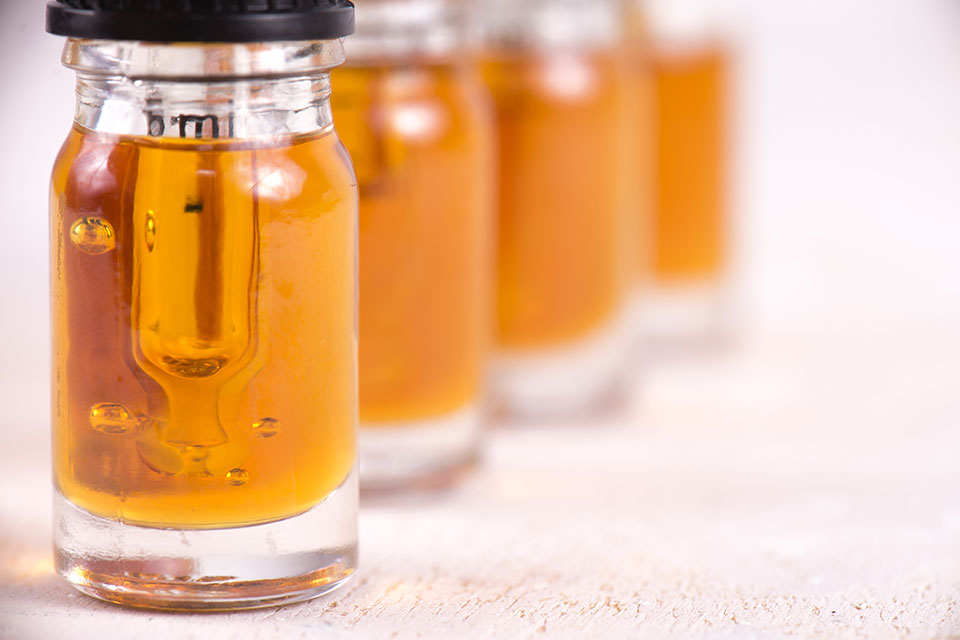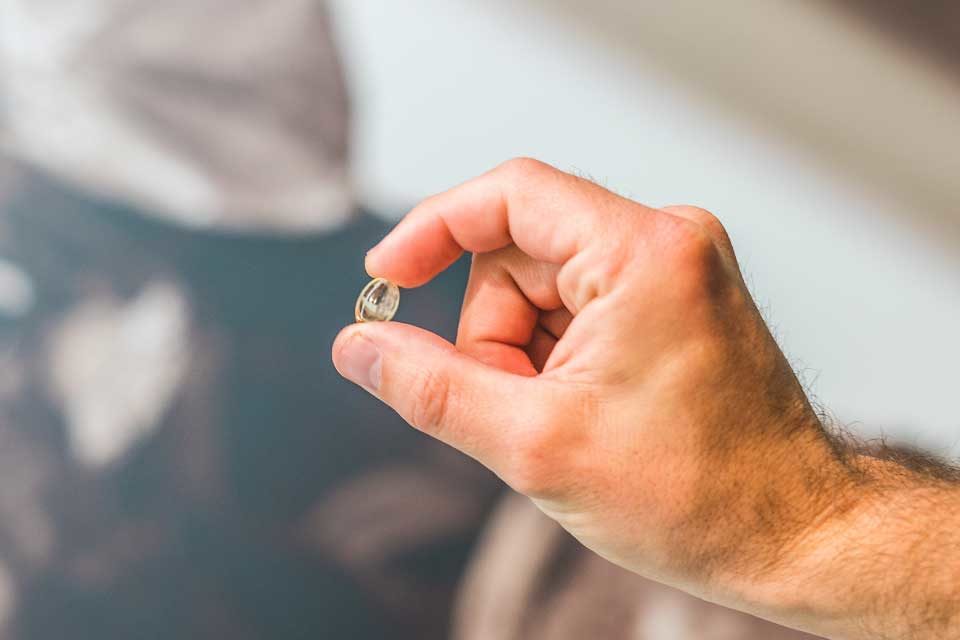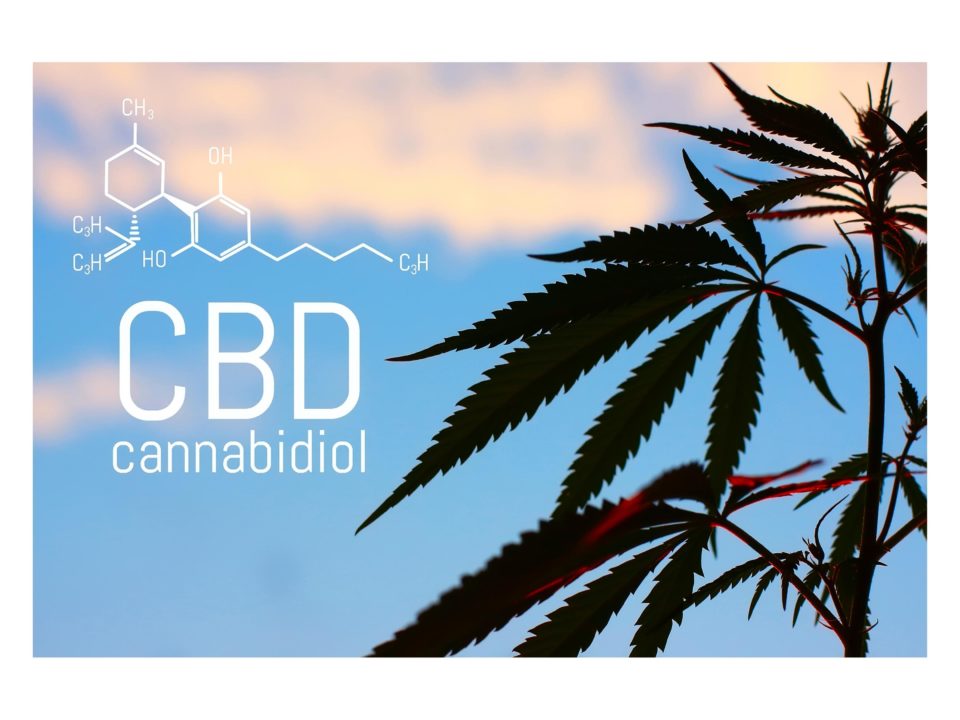Is CBD Oil Dangerous?

Is CBD Oil Dangerous?
A growing number of people use cannabidiol (CBD) in a variety of ways. CBD is also being applied to provide relief for many health issues. Sometimes, this use and application can be controversial. This is especially true when such use might potentially affect the body or even cause harm.
It is easier than ever before to find products that include options with CBD oil. Many different companies exist to offer these solutions, but unfortunately, some do not do a good job providing information about the quality of their CBD oil. At Green Remedy, we strive to meet the highest standards of production. Our all-natural products are 100% safe and effective for customers.
Due to the growing worldwide interest in CBD oil and the number of options on the market, we are often asked by new customers or people exploring hemp for the first time if CBD oil is dangerous. Answering this question is not as simple as it may sound because different dangers could exist depending on an individual’s unique situation. In order to provide a thorough answer, it is important to consider three different situations. Here are three risks related to CBD oil that might impact your next purchase.
Risk 1: Is CBD oil physically dangerous?
It is impossible to speak on behalf of all manufacturers of products that include CBD oil. However, when generally speaking about the physical dangers associated with CBD it is difficult to find any research or examples showing a time when CBD oil caused physical danger to people. In fact, CBD oil is used to treat physical issues including acne, diabetes, chronic pain, glaucoma, and more.
A major challenge when talking about the physical dangers of CBD is that it is difficult to compare and regulate the dosage and prescription sizes. For this reason, before implementing CBD as part of any treatment program or regimen, it is probably a good idea to speak with a doctor about the pros and cons of a specific situation. Regulations on CBD are just starting to gain more ground in the United States. This trend will likely affect things like the dosage size and our understanding of how CBD is being used to affect physical issues.
Risk 2: Is CBD oil mentally dangerous?
Oftentimes, people who are beginning to inquire about CBD oil for the first time have fears that it is similar to bad drugs they have heard about in the past. Unfortunately, drug use is all too common in the world and people fear CBD oil is closely related to drugs they have heard about that cause mental problems and hallucinations. Fortunately, legal CBD extremely low amounts of THC (more on this below). Essentially, CBD oil offers health benefits without the ‘high.’ In short, this means that CBD oil does not include properties that cause psychoactive issues in people.
There is a growing amount of promising evidence showing positive benefits of CBD oil on mental function. For example, Addictive Behaviors published a pilot study showing that smokers smoked fewer cigarettes than usual and had no further cravings for nicotine after using inhalers containing CBD. A similar review found in Neurotherapeutics showed how CBD could offer promising treatments for individuals fighting opioid addiction. More research is necessary, but these findings suggest CBD could help reduce or even prevent problems associated with a number of mental health issues.
Risk 3: Is CBD oil legally dangerous?
CBD oil is completely legal if its production, use, and consumption adhere to guidelines set forth in the Agricultural Improvement Act of 2019 (commonly known as the 2018 Farm Bill). In this bill, legal CBD must…
- Contain less than 0.3% THC.
- Adhere to the shared state-federal regulations.
- Be grown by a properly licensed grower.
If these rules are not followed, CBD could cause legal damage in a number of ways. For example, you might be surprised to learn CBD can still get you in a lot of trouble if you attempt to bring it along during your next flight. For more information on this specific topic, read our article about CBD and air travel here.
Furthermore, even if the CBD oil you have is legal, keep in mind it might still look and smell like products that contain higher and illegal levels of THC. This could cause legal problems if you come into contact with authorities who believe your legal hemp resembles illegal substances and use that as a basis to more closely scrutinize or search your property.



